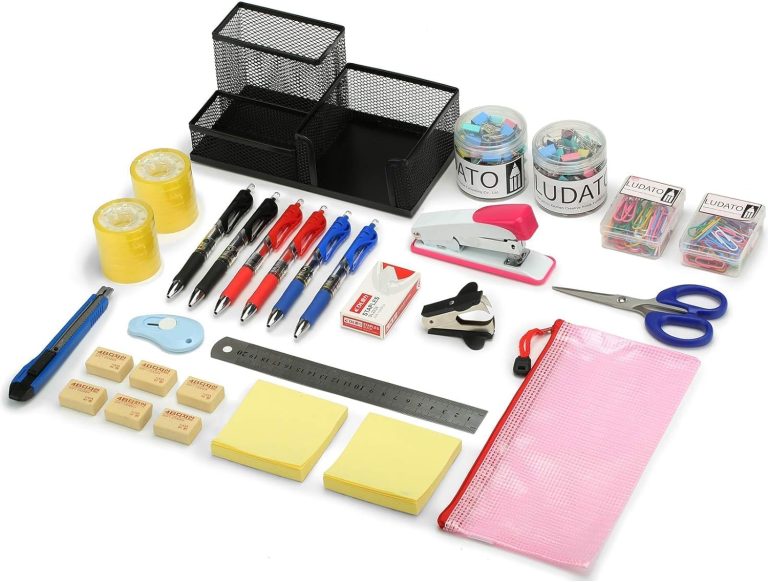Introduction
When you play Sim Tower, you step into the role of a master architect, business strategist, and problem-solver all at once. This iconic simulation game challenges you to construct and manage a towering skyscraper while balancing tenant satisfaction, financial stability, and operational efficiency. The game may look simple at first glance, but it quickly becomes a complex exercise in resource management and long-term planning. For players looking to enhance their management skills, there are few simulation experiences as rewarding as when you play sim tower.
This guide will take you through the fundamentals, advanced strategies, and hidden nuances of the game so you can run your skyscraper like a true professional. Whether you’re a beginner or a seasoned player, the following insights will help you sharpen your decision-making abilities and improve your results every time you play Sim Tower.
Understanding the Basics of Sim Tower
What Is Sim Tower?
Released in the mid-1990s, Sim Tower is a real-time simulation game developed by OPeNBooK and published by Maxis. The main objective is to build and manage a skyscraper, adding floors, facilities, and services to meet the needs of residents, workers, and visitors. When you play Sim Tower, you are responsible for everything from elevator efficiency to tenant happiness.
Starting Your First Skyscraper
When you first play Sim Tower, the game provides you with an empty lot and a modest budget. From there, you begin adding floors and essential facilities such as offices, apartments, and elevators. Your early moves are critical, as they set the tone for your skyscraper’s long-term success.
Key Features and Gameplay Mechanics
When you play Sim Tower, you need to juggle:
- Construction Planning: Deciding where to place each facility.
- Resource Allocation: Balancing your budget between expansion and maintenance.
- Tenant Management: Ensuring occupants are happy and willing to pay rent.
- Operational Efficiency: Keeping services running smoothly without delays.
Strategic Planning for Success
Setting Long-Term Goals
A winning strategy when you play Sim Tower starts with long-term thinking. Ask yourself:
- Do you want a residential-focused building?
- Are you targeting corporate tenants?
- Will you aim for a mixed-use skyscraper?
Once you decide, you can tailor your expansion plan to meet those goals.
Budget Management
Every time you play Sim Tower, your budget will determine how quickly you can grow. Avoid overspending on early luxury facilities, and instead focus on steady, profitable growth. Reserve funds for emergencies like sudden tenant dissatisfaction or unexpected maintenance costs.
Designing an Efficient Building Layout
Elevator Placement and Traffic Flow
Elevators are the lifeblood of your skyscraper. Poor placement will frustrate tenants and slow down daily operations. When you play Sim Tower, make sure to:
- Install express elevators for higher floors.
- Separate service and passenger elevators.
- Use sky lobbies to reduce congestion.
Balancing Facilities and Services
An effective building layout considers both profitability and livability. As you play Sim Tower, balance money-making areas like offices and hotels with essential services such as cleaning stations, security, and waste disposal.
Tenant Satisfaction and Happiness
Understanding Tenant Needs
Every tenant type has unique requirements. Office workers value convenience and quiet, hotel guests expect luxury and cleanliness, and residents want safety and comfort. When you play Sim Tower, addressing these needs is the key to reducing turnover.
Conflict Prevention
Certain facilities should not be placed next to each other. For example, restaurants near residential areas might cause noise complaints. A thoughtful layout when you play Sim Tower prevents these conflicts and keeps everyone satisfied.
Advanced Gameplay Tips
The Importance of Patience
Rapid expansion can be tempting, but when you play Sim Tower, patience often pays off. Building too quickly can lead to unmanageable debt and unhappy tenants. Gradually scaling your skyscraper allows for better control and stability.
Monitoring and Adjusting Operations
When you play Sim Tower, don’t just set things up and forget them. Regularly review building performance metrics, elevator wait times, and tenant feedback. Small adjustments can prevent major issues later.
Unlocking Achievements and Reaching Tower Stars
The game rewards your progress with a star rating system, from a single-star building to a prestigious five-star tower. To climb the ranks when you play Sim Tower:
- Maintain consistent occupancy rates.
- Offer a balanced mix of amenities.
- Keep public spaces attractive and functional.
Common Mistakes to Avoid
Neglecting Maintenance
One of the fastest ways to lose tenants is by ignoring building upkeep. Dirty hallways, broken elevators, and poor security will quickly lead to vacancy. Every time you play Sim Tower, set aside a budget and staff for maintenance.
Overcrowding Without Infrastructure
Packing too many facilities into your skyscraper without upgrading elevators or services creates chaos. When you play Sim Tower, always expand infrastructure in proportion to tenant growth.
How Playing Sim Tower Improves Real-Life Skills
Time Management
When you play Sim Tower, you constantly prioritize tasks and allocate time efficiently — a skill that translates directly into real-world productivity.
Strategic Thinking
Every decision in the game has long-term consequences. Whether you choose to invest in new facilities or upgrade existing ones, playing Sim Tower teaches you to weigh risks and rewards.
Financial Management
Balancing budgets, forecasting revenue, and planning expenses in the game mimic real-world financial decision-making.
Expanding Beyond the Basics
Experimenting with Unique Layouts
Once you master the fundamentals, try unconventional building layouts when you play Sim Tower. Experiment with asymmetrical designs or thematic floor groupings to create visually distinct skyscrapers.
Optimizing for Maximum Profit
To maximize earnings when you play Sim Tower, identify your highest-revenue tenants and create an environment tailored to their needs. For example, clustering high-end hotel suites with luxury restaurants can boost overall profits.
Conclusion
When you play Sim Tower, you’re not just constructing a virtual skyscraper — you’re engaging in a sophisticated exercise in management, problem-solving, and long-term strategic planning. The game offers a unique blend of creativity and critical thinking, rewarding careful planning and efficient execution. Whether you aim to build a sleek business hub or a towering residential paradise, mastering the skills required in Sim Tower can provide both in-game success and real-world benefits. So start your next session, refine your strategy, and watch your virtual empire reach new heights.





